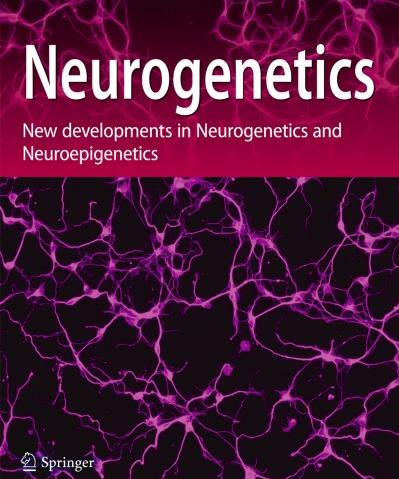New KRIT1 Mutation in Familial Cerebral Cavernous Malformations: Whole-Genome Sequencing Provides the Answer
A recent brief publication in the journal Neurogenetics reports on a remarkable advance in the diagnosis of familial cerebral cavernomas (FCCM): a previously undiscovered structural variant in the KRIT1 gene, identified by whole genome sequencing (WGS), has opened up new perspectives.

New KRIT1 Mutation in Familial Cerebral Cavernous Malformations: Whole-Genome Sequencing Provides the Answer
Familial cerebral cavernous malformations (FCCM) are rare but clinically important vascular malformations in the brain. They can cause seizures, hemorrhages, and neurological symptoms. In most families, mutations in the KRIT1, CCM2, or PDCD10 genes are responsible and can be detected with standard genetic tests. But sometimes, even advanced tools like panel diagnostics or whole-exome sequencing (WES) fail to reveal the underlying cause – despite a clear family history.
This was exactly the situation described in a new case report published in Neurogenetics. The authors investigated a young woman with typical symptoms and multiple affected relatives, yet no mutation was found using standard approaches.
Whole-Genome Sequencing reveals a hidden mutation
Only through whole-genome sequencing (WGS) was the causative variant uncovered: a complex structural mutation in the KRIT1 gene. An intronic DNA fragment had been inverted and inserted into an exon, creating a frameshift and premature stop codon. The result was a nonfunctional protein – a mutation type that standard sequencing would almost certainly have missed.
This discovery not only provided a diagnosis for the patient but also allowed predictive genetic testing for asymptomatic relatives in the family.
Why this matters for clinical practice
This case highlights the growing role of WGS in the diagnostic workflow for FCCM:
-
First-line: Targeted gene panels or WES – efficient and sufficient for most cases.
-
Second-line: WGS, especially when clinical suspicion remains high despite negative results.
By capturing complex structural variants, WGS reduces the “diagnostic odyssey” for patients and families, leading to earlier clarity and better counseling.
Takeaway
For medical genetics, this report underscores two key points:
-
Different technologies complement each other – no single test covers all possible variant types.
-
Whole-genome sequencing is becoming clinically relevant for conditions with heterogeneous or complex genetic causes.
The identification of this novel KRIT1 variant illustrates how advanced sequencing can turn unanswered questions into actionable diagnoses – directly improving patient care and family counseling.
Literature
Pilz, Robin A; Begemann, Matthias; Pfister, Surema; Boonsawat, Paranchai; Rauch, Anita; Kurth, Ingo; Felbor, Ute; Rath, Matthias (2025).
Familial cerebral cavernous malformations caused by a novel germline structural variant in the KRIT1 gene.
PMID: 40874960, DOI: 10.1007/s10048-025-00847-2, S2CID: TBA. Neurogenetics, 26:65.
Björn Kleijkers, Infrastructure & Communications Manager